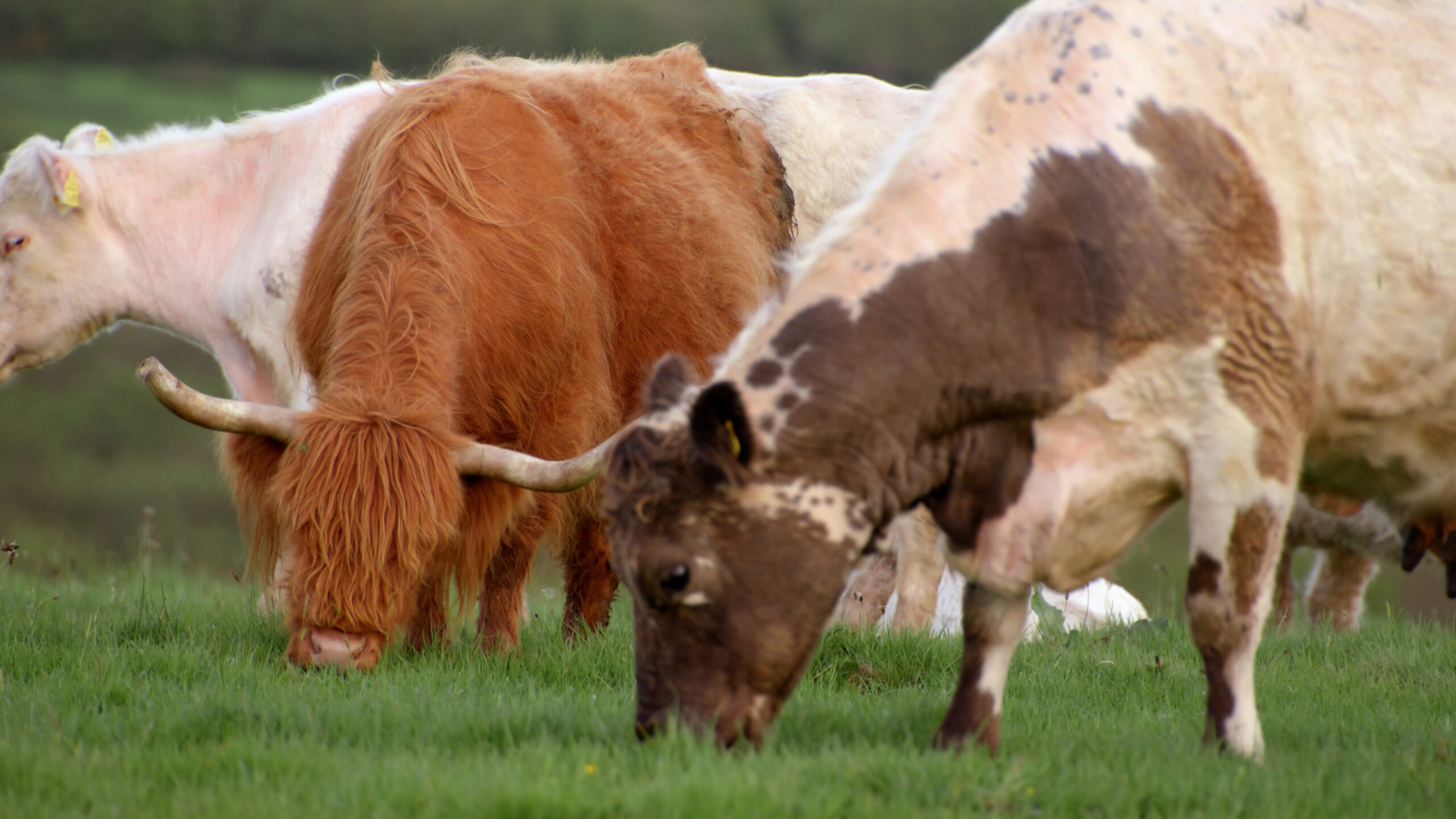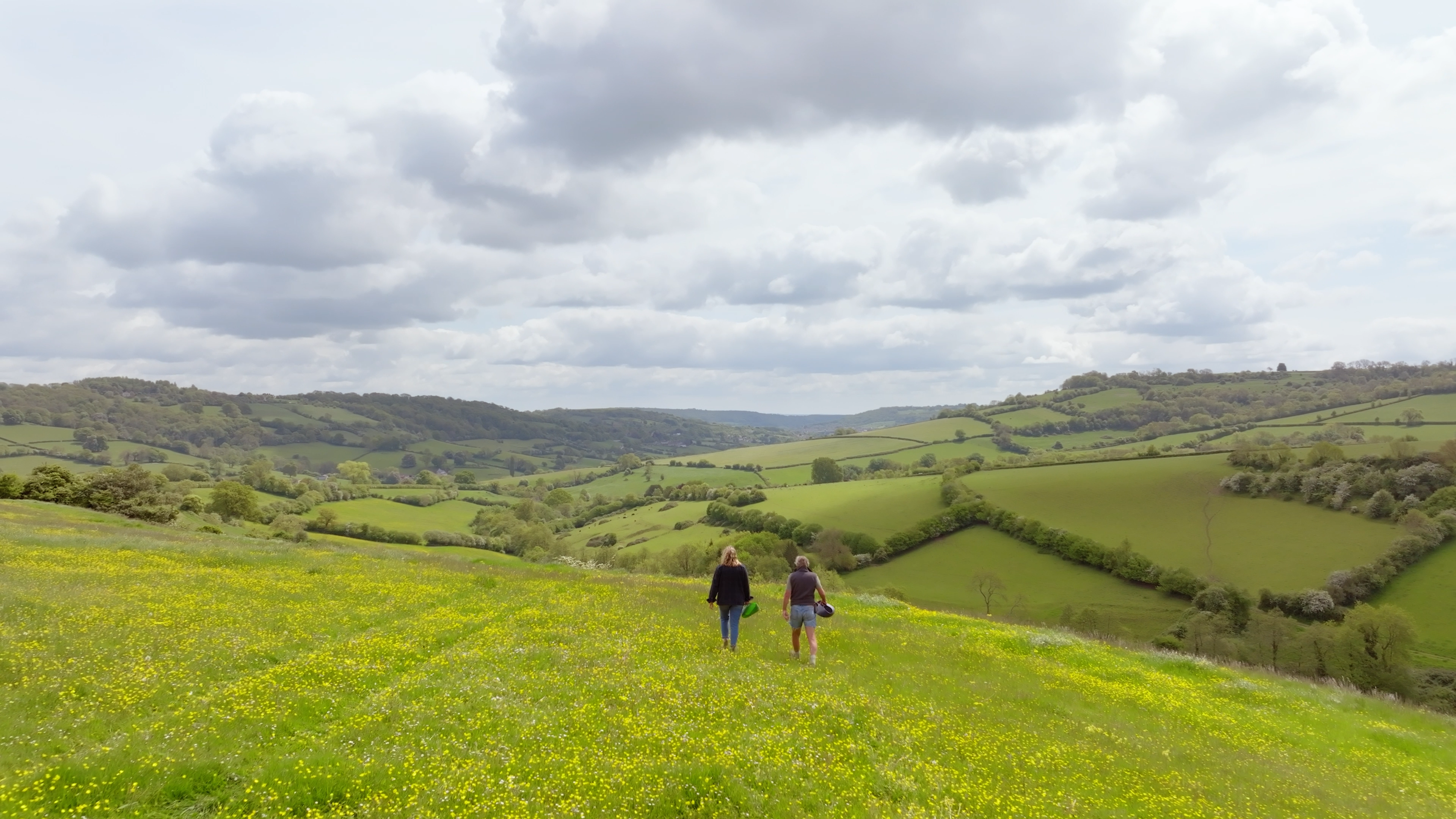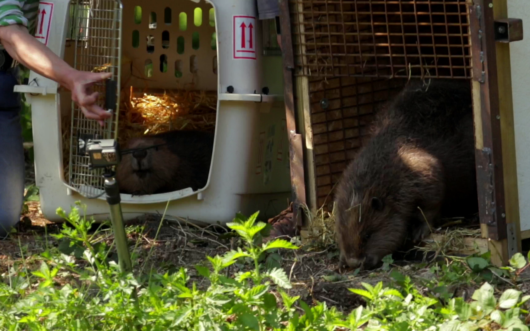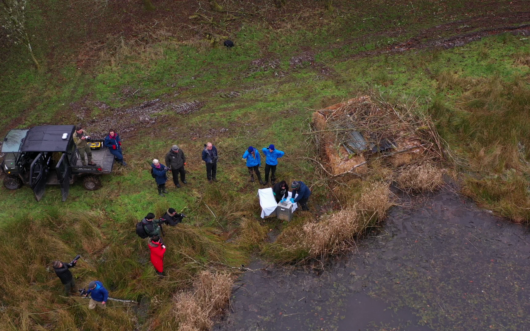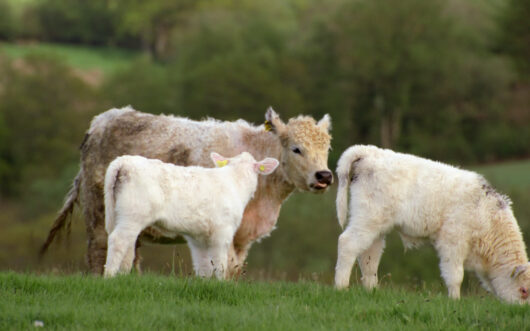The United Kingdom and Ireland might not seem like the wildest places on Earth. Their landscapes have been so heavily altered by humans that a recent report called the U.K. “one of the most nature-depleted countries on Earth.” But a growing popular movement here, known as rewilding, seeks to reverse millennia of environmental degradation.
After the last Ice Age ended about 12,000 years ago, the glaciers retreated and trees began to grow on the British Isles. For thousands of years, these forests dominated the landscape. But when Britain’s Bronze Age began roughly 4,000 years ago, the islands’ human inhabitants began cutting down trees for fuel — and to make way for farmland, cattle grazing, and settlements. Aurochs, the wild descendants of modern cattle, disappeared from the islands.
Forest felling continued into the Iron Age and through Roman occupation. By around 1,000 BCE, only about 15-20% of Britain was forested. By the end of the Middle Ages, most wilderness had been converted to farmland, and the isles were only about 10% forest. Larger mammals like bears, wolves, lynx, and beavers went locally extinct, thanks to hunting and habitat loss. Today, factors like industrial farming and increased pesticide use are driving population crashes of grassland birds and insects.
Rewilding — the process of creating and expanding habitat for wild plant and animal species — is seen as an opportunity to plot a sustainable path forward. National parks are taking up the challenge, as are farmers, private landowners, and even city planners. An organization called Rewilding Britain, which seeks to coordinate these efforts, has set a goal of restoring 30% of Britain to functioning, biodiverse ecosystems by 2030.
Rewilding takes many forms. Homeowners might let their lawns grow out and plant native trees and flowers that provide habitat for pollinators, birds, and other wildlife. Cities can make space for nature by placing “vertical meadows” on buildings. And some people are even bringing back species that were driven extinct in Britain hundreds or thousands of years ago.
For instance, conservationists like Roisin Campbell-Palmer and Derek Gow are reintroducing beavers, one of nature’s most industrious ecosystem engineers, in Scotland and England. As climate change increases the frequency of floods and droughts, the hope is that beavers will restore natural wetland systems that could help the landscape adapt to these extremes. Wild beaver populations have already been reestablished in the River Otter in Southeast England and Knapdale in southern Scotland, where they are busily expanding wetlands.
The United Kingdom and Ireland are Wild Hope focal points because they are places seeking to show that wild species can return and thrive even in heavily altered and populated landscapes. Check out our U.K. episodes and engagement pages to learn more.
Explore Conservation in the UK and Ireland in these Wild Hope episodes:
Beaver Fever
Eurasian beavers were driven extinct in Britain centuries ago. But now these preeminent ecosystem engineers are back — charming many Britons, perturbing others, and all the while stimulating a healthy debate about whether the island nation is ready to embrace a wilder future.
Illustration of a beaver
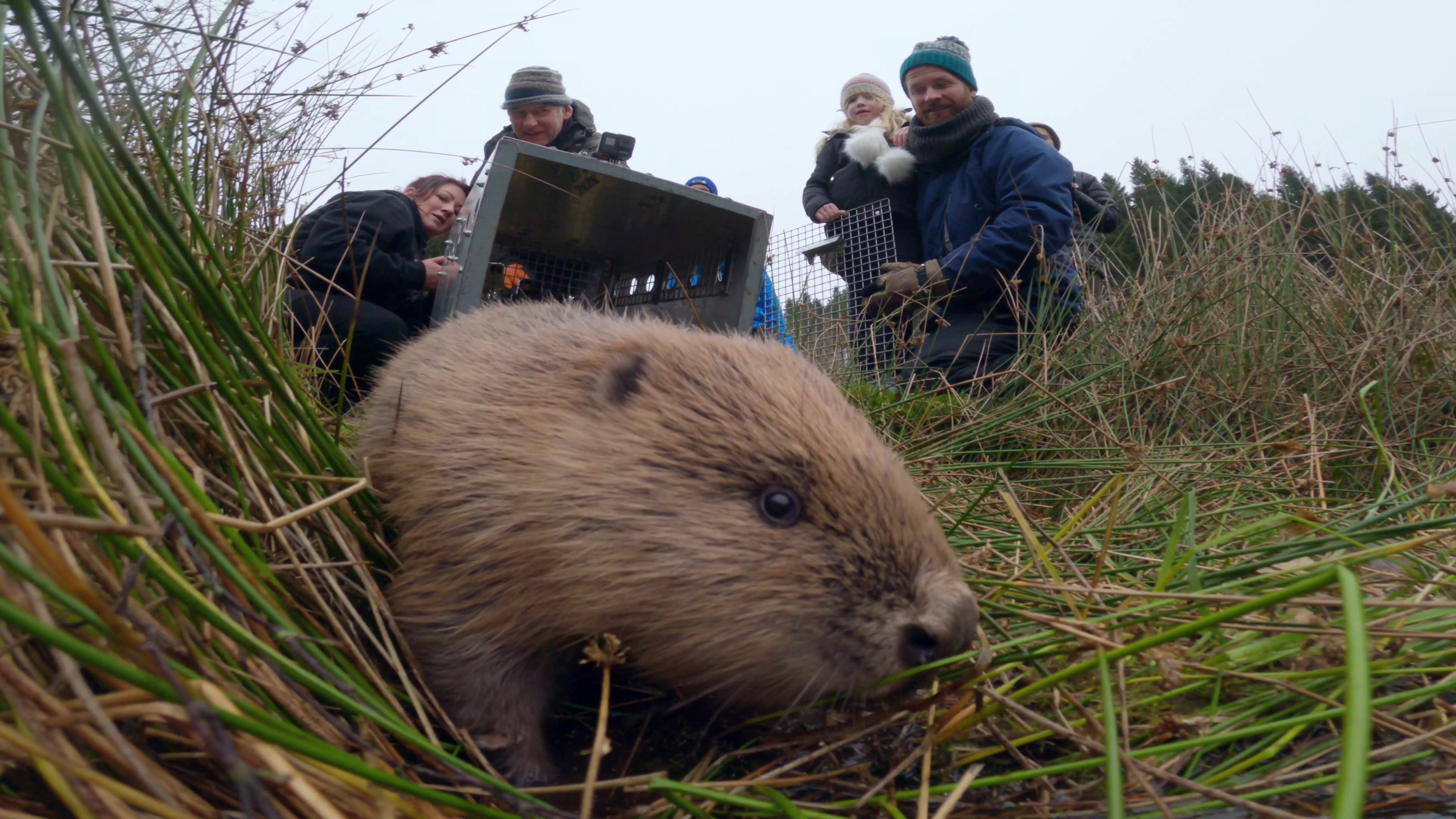
Gardener to Guardian
Watch Gardener to Guardian Now
Amid collapsing biodiversity worldwide, Mary Reynolds of Ireland is building a movement to turn gardeners into guardians of the planet, by returning our own patch of land to nature and restoring hope that individual action can create lasting change.
Illustration of a no-bg-image
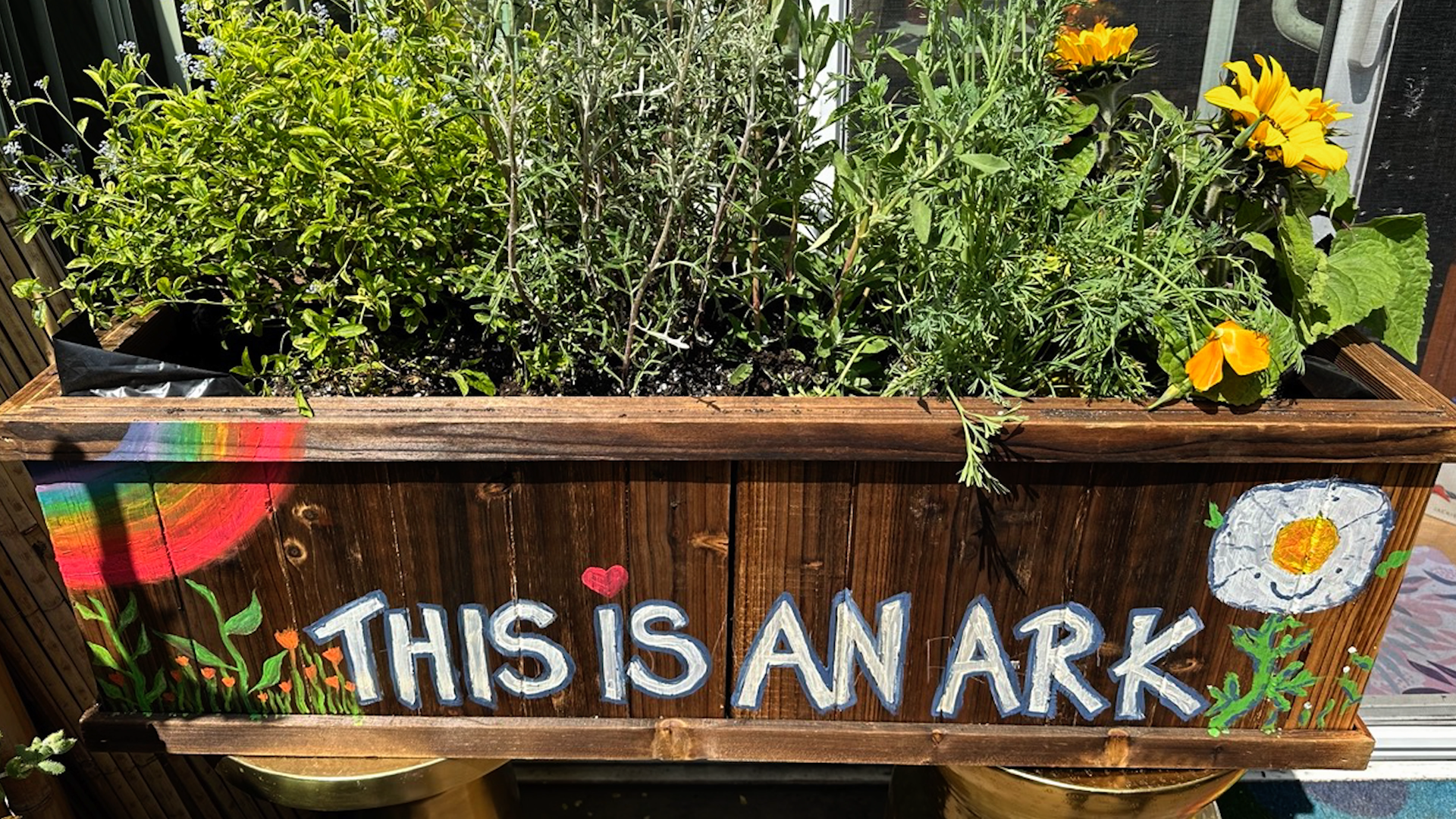
Vertical Meadows
As urban expansion quickly replaces natural habitats, façade engineer Alistair Law has created a radically new way to restore native ecosystems for pollinators and create natural spaces for us all within cities — by turning the walls of buildings and construction sites into meadows.
Illustration of a no-bg-image
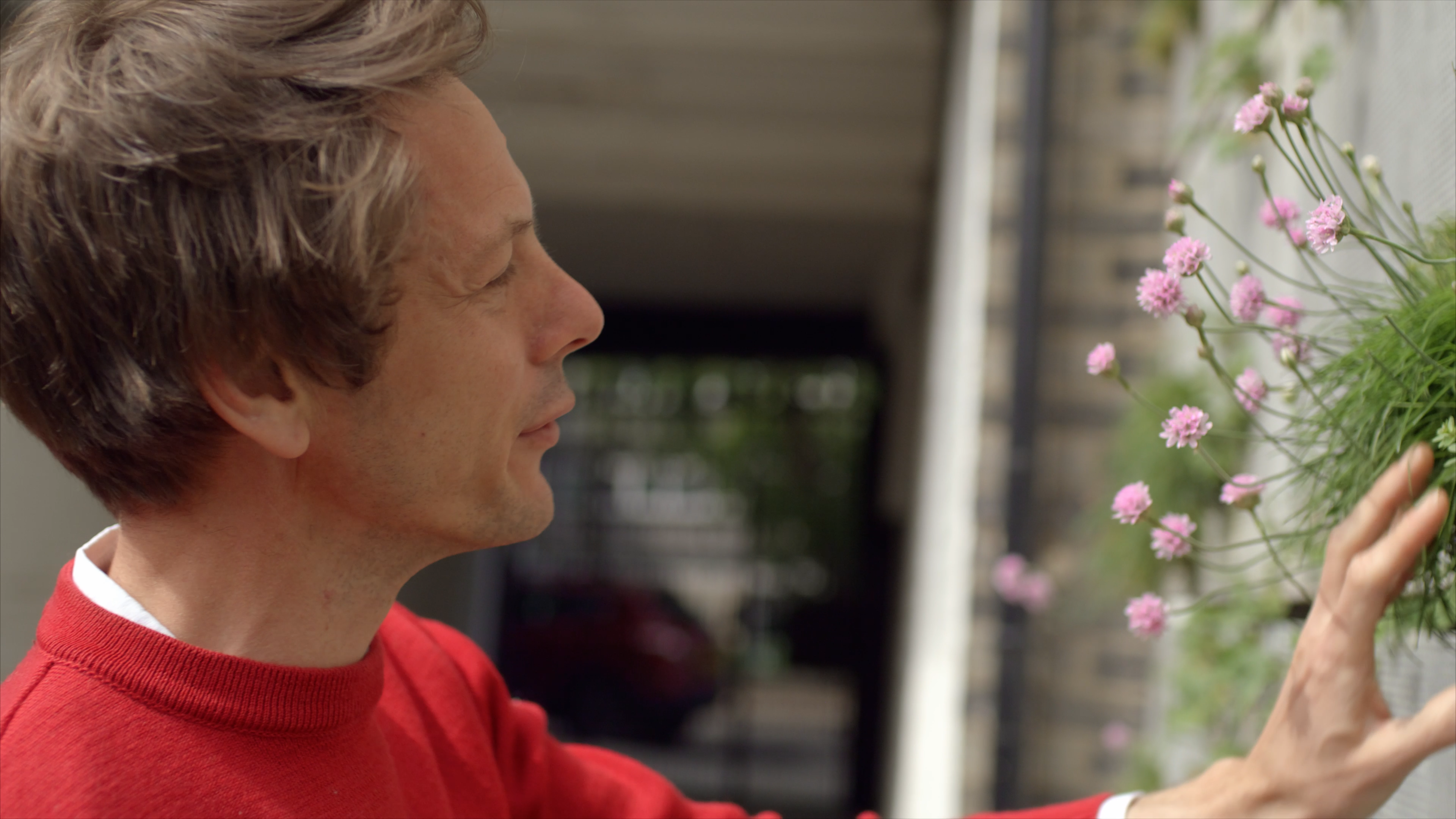
A Farm Goes Wild
Derek Gow is a farmer in western England, or at least he was. Now, he’s using his decades of experience in conservation to return his land to its original state, as a healthy, biodiverse ecosystem. He’s also breeding native species now rare in Britain for reintroduction across the country.
Illustration of a no-bg-image
